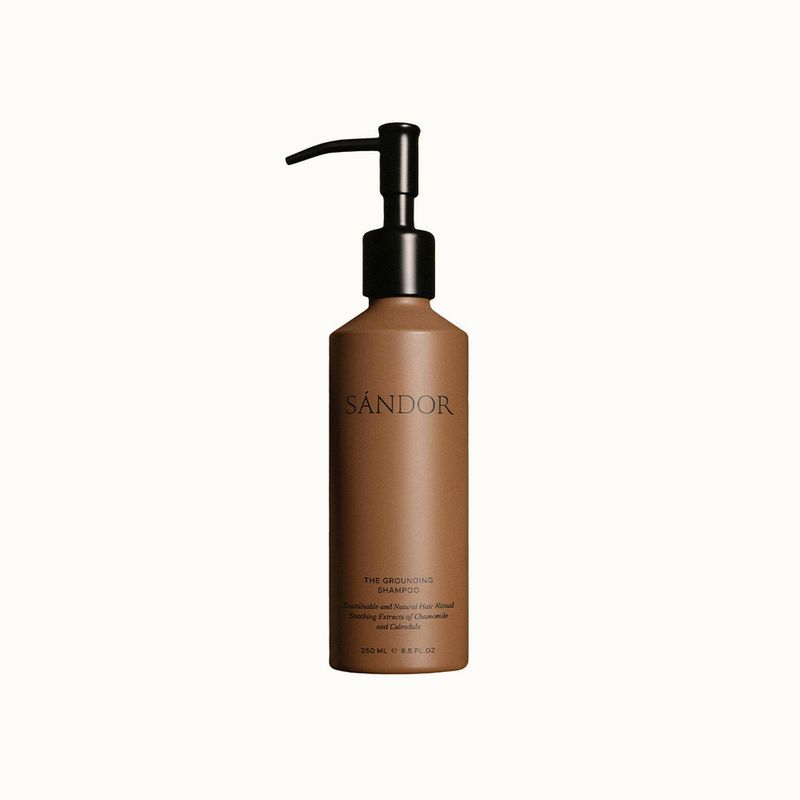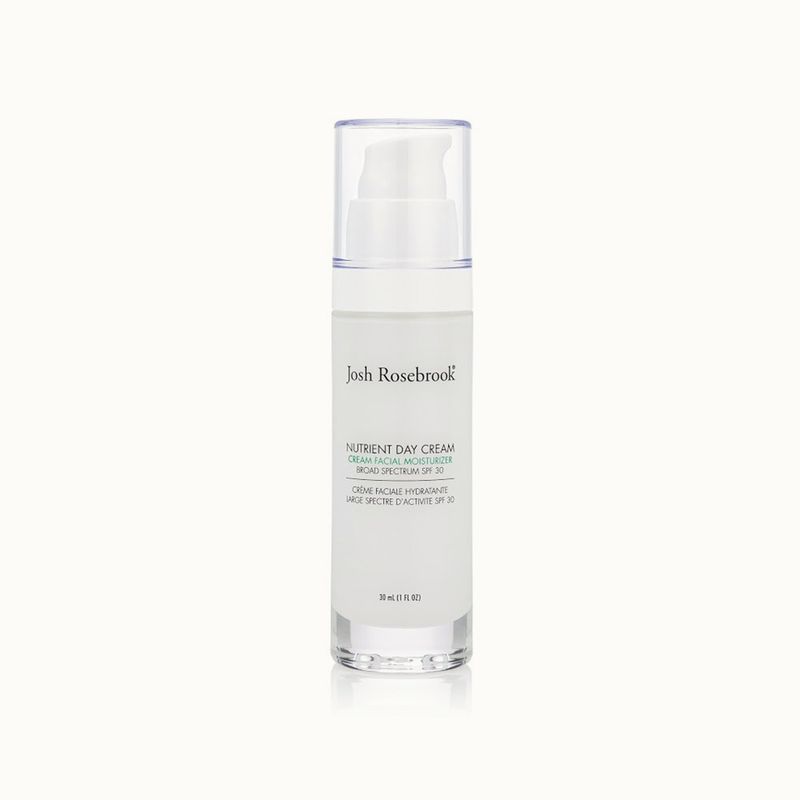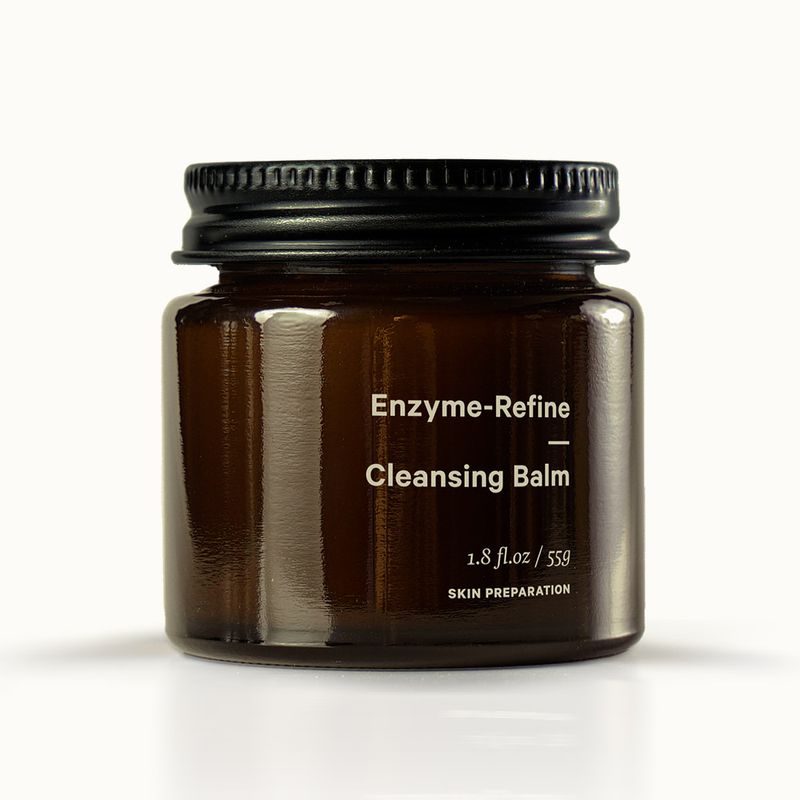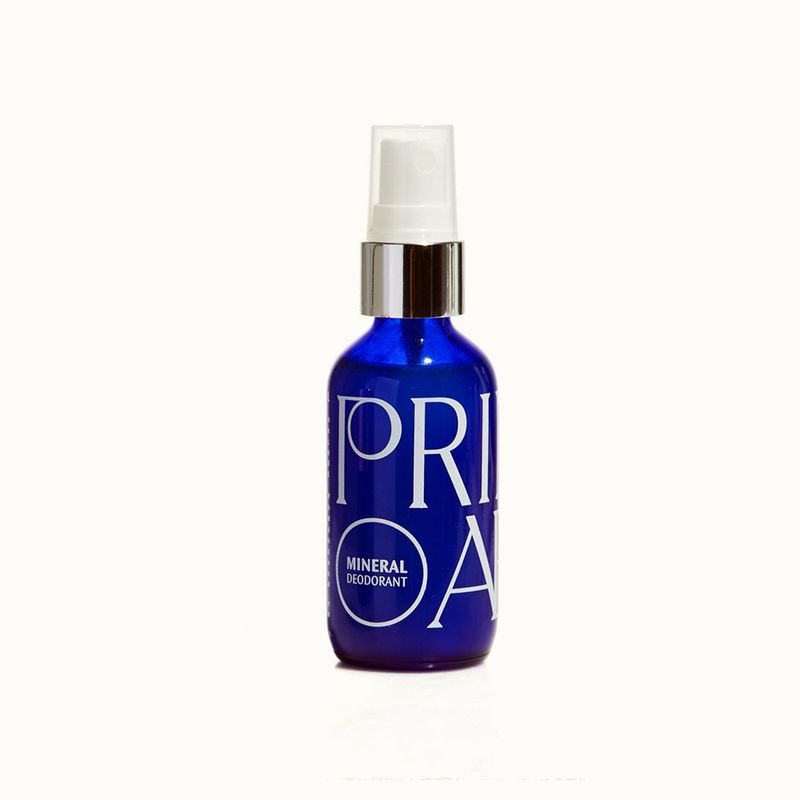Endocrine Disrupting Chemicals & Skincare

Disclaimer:
This article may take you back to your high school science classroom and for that I apologise, but there is no pretty way around this topic without dropping in some lengthy scientific names, acronyms and references to studies unfortunately. We endeavour to keep it high level and of course will include a quick guide to FENN products that are free from EDCs (which is way more fun than a high school science lesson)
To begin: What are EDCs?
Endocrine Disrupting Chemicals aka EDCs are a class of chemicals that interfere with normal endocrine (hormone) function. And although illnesses can come about from a combination of genetic, environmental, and behavioural factors, environmental health researchers continue to link EDC exposure as a possible risk factor in the development of immunity related diseases, neurological diseases, reproductive disorders, and breast and uterine cancer. Not pretty.
How do endocrine disruptors affect human health (at very low doses)?
Your endocrine system includes some of the most crucial machinery within your body. Because of this, scientists’, and health professional’s biggest fear is that long-term exposure to endocrine disruptors could have disastrous effects on this fragile system: cancer, infertility in men and women, metabolic disease and neurological and cognitive issues.
Endocrinologists such as Professor Leusch , say the timing makes the poison. You can take a very low level of a chemical that disrupts a hormone and if you expose it during a developmental time of life such as in the womb or during puberty, when your body might not normally be exposed to a natural hormone at all, the body can respond to that low dose. This is very hard to test in humans, said Professor Leusch.
"We're very, very long lived and it's very difficult to link an exposure from when you were five to an effect when you're 20," he said. There's a range of opinions on whether there's enough evidence to raise a red flag on EDCs through regulatory bodies.
So essentially it’s every woman and man for themselves on this issue. We encourage you to engage in understanding how your body functions optimally and the support it requires, by taking a holistic approach to your health with the support of an allied health professional. This will assist you in making the most beneficial choices for your body, mind and skin!
Here are the Top 5 EDCs to be aware of:
1. SLS (Sodium Laureth Sulfate) aka BHA (Butylated hydroxyanisole) and BHT (butylated hydroxytoluene
Commonly referred to as SLS, sodium lauryl sulphate is found in most shampoos, however, the alarming thing is that it is also the same chemical found in many floor cleaners and even engine degreasers. To think that an industrial product like SLS would be allowed to wind up in our bottle of shampoo or hand soap makes us feel pretty icky. While early studies suggest that skin irritation is the most imminent threat of exposure to BHA and BHT; this may include skin conditions such as perioral dermatitis, seborrheic dermatitis and eczema. SLS has been linked to endocrine disruption, neurotoxicity, organ toxicity, skin irritation, and even cancer. The best way to avoid this chemical is to opt for shampoos, body washes, hand soaps, and toothpaste brands that are labelled as SLS free.
2. Phthalates dibutyl phthalate (DBP), dimethyl phthalate (DMP), and diethyl phthalate (DEP)
Most commonly used in cosmetics like perfumes, hair spray, lotion, shampoo, nail polish, and soaps, these avenues allow the chemicals to absorb into your skin upon contact. PFA’s have even been found in the cord blood of newborns, which is unsettling to say the least. These “forever chemicals” are synthetic compounds often used for their water repelling qualities in carpets, food packaging and firefighting foam. Thankfully PFAS are not produced in Australia, and there are efforts to reduce importing goods containing PFAS. However, PFAS remains in our environment and in our bodies. Studies on PFAs have discovered:
- People with higher levels of PFAS were shown to be associated with more weight gain following dieting. Levels were also associated with a lower metabolic rate.
- A Danish study has shown increased levels in mothers associated with lower sperm counts and poor sperm quality in adult male children. Both of which can lead to infertility.
- A systematic review of 30 research studies has shown that exposures to a range of EDCs is related to endometriosis.
3. Parabens (propyl-, isopropyl-, butyl-, and ethyl- parabens)
Ladies, listen up: this is an important one for you…
There are several studies that already connect parabens to cases of breast cancer in women. Essentially, parabens are synthetic oestrogen that act like normal oestrogen, infiltrating and ultimately disrupting the hormone system. Not ideal.
Of course, this doesn’t necessarily mean that using skin care and cosmetics with parabens will automatically lead you to the same fate, but there’s enough risk and research available to conclude that you should definitely take heed of the warnings when choosing your skin care and cosmetics lineup.
To weed out any culprits that you may have hiding in your bathroom, look for parabens in your moisturisers, shampoos, conditioners, facial & shower cleansers, shaving products, and scrubs. Luckily, many brands on the market clearly state they are paraben-free, making shopping for them a breeze.
4. Triclosan
Used as an antimicrobial agent, triclosan is an active ingredient in both toothpaste and shaving cream, even after being banned from soaps by the FDA in 2016. In fact, a major toothpaste brand only recently decided to remove it from their ingredient list (although they’ve publicly claimed that the move was unrelated to the potential harm it may cause).
Triclosan’s tricky reputation for causing gut inflammation, on top of its potential endocrine disrupting nature, make it one to be wary of.
4. Fragrances
Secret, unlabeled fragrance chemicals are hiding in personal care products, and many fragrance chemicals are protected as trade secrets and may appear as simply"perfume " or"aroma " on product labels. Fragrances are often mixed with aldehydes, which may increase cancer risks in some people, and benzophenone derivatives, which may be endocrine disruptors, according to the advocacy coalition Campaign for Safe Cosmetics.
FENN & EDCs
At FENN we endeavour to offer you skin care, beauty and lifestyle products and treatments that enhance your health and wellbeing by aligning ourselves with brands that share this approach and offer products that deliver the results you desire and nothing you don’t.
As a Final Note
Information in this article is not designed to replace professional health advice, if you have areas of concern you should contact an allied health professional.

Shampoo
Sandor
The Grounding Shampoo
$77.00

SPF
Josh Rosebrook
Nutrient Day Cream, SPF 30
$95.00

Cleanser
Maryse
Enzyme Refine Cleansing Balm
$76.00

Deodorant
Primary Elements
Mineral Deodorant: Palmarosa
$30.00